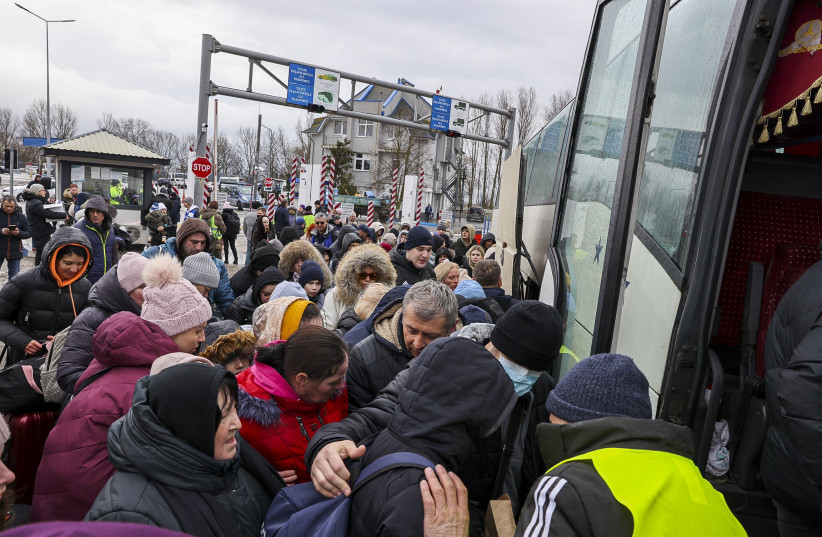The Security Service of Ukraine (SBU) is responsible for a failed assassination attempt on the life of Transnistria President Vadim Krasnoselsky carried out this week, the unrecognized Moldovan breakaway state's state security ministry charged.
According to Russian state media, A vehicle that tailed the Transistrian president's vehicle was found to be filled with RDX explosives. The perpetrators were reportedly arrested and confessed to their crimes.
They will be charged with preparation of a terrorist act, the Transistrian ministry said.
Transnistrian ties to Russia
Transnistria, also known as the Pridnestrovian Moldavian Republic and located on the Ukrainian border, is a de-facto independent but unrecognized breakaway state from Moldova formed in 1990 originally as an attempt to remain part of the Soviet Union should the rest of Moldova achieve independence – an issue that soon became moot when the Soviet Union dissolved shortly thereafter.

Ukraine's Intelligence Directorate (GUR) has accused Russia of using Transnistria to smuggle ammunition for years. According to Balkan Insight, Russia maintains around 1,600 soldiers in Transnistria, divided into peacekeeping troops and the Operative Group of Russian Troops,
"As Moldova continues to integrate with Europe, we believe Russia is pursuing options to weaken the Moldovan government probably with the eventual goal of seeing a more Russian-friendly administration in the capital," said the White House's national security spokesperson John Kirby.
"More specifically, Russian actors, some with current ties to Russian intelligence, are seeking to stage and use protests in Moldova as a basis to foment and manufacture insurrection against the Moldovan government," he added.
Reuters contributed to this report.
